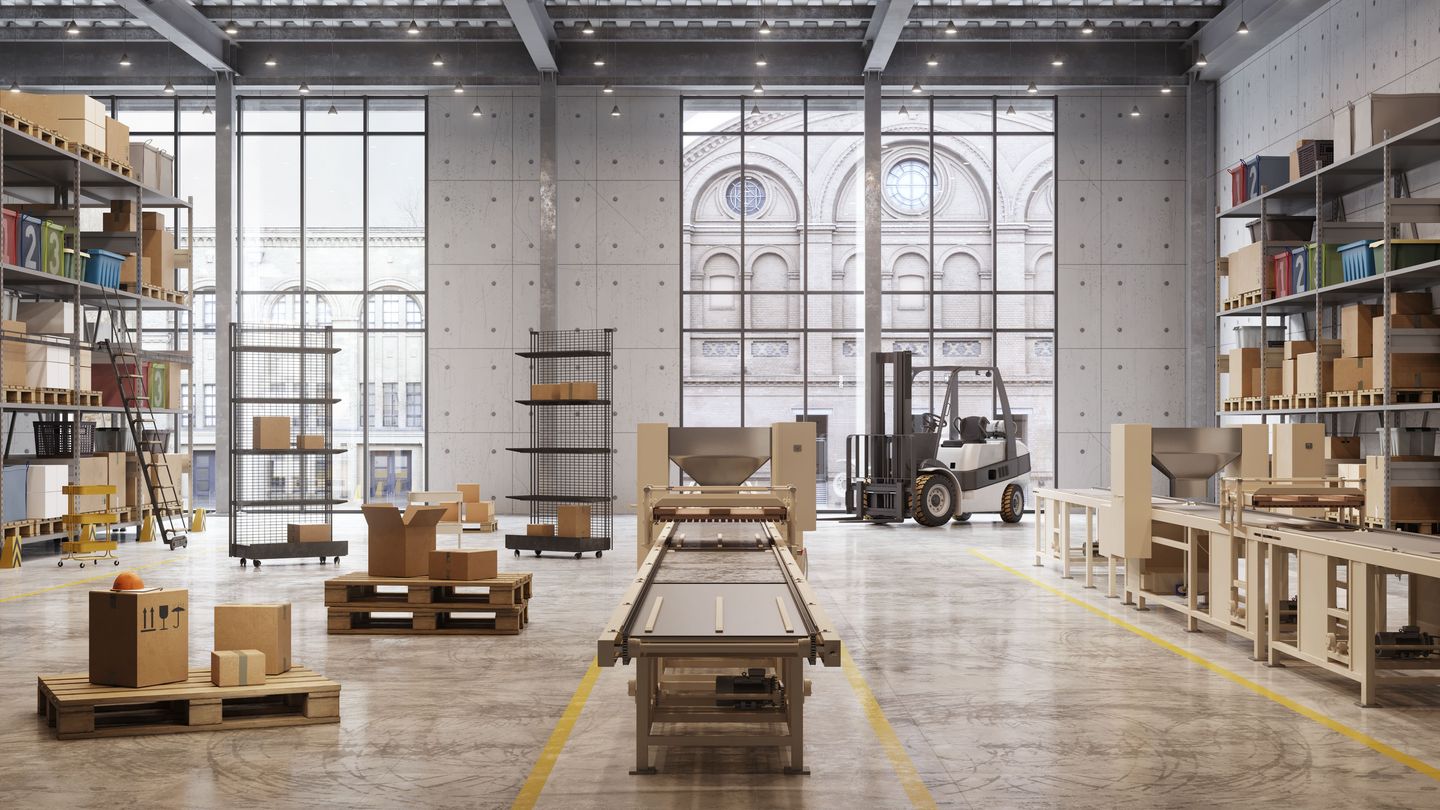ACCURATE: Future-proof production networks
The EU project ACCURATE is researching how digital twins, manufacturing-as-a-service, and intelligent ecosystems can strengthen the resilience of European manufacturing processes.

- Project
ACCURATE – Resilient value chains through manufacturing-as-a-service, digital twins, and intelligent data systems
- Running time
December 1, 2023 – November 31, 2026
- HWR Berlin
Department of Business and Economics
- Responsible for the project
Prof. Dr. Dmitry Ivanov
- Project members from the HWR Berlin
Phu Nguyen
Anna Putintseva - Project partners:
Software Imagination & Vision srl
Enginsoft SPA
Institut Mines Telecom
Frauenhofer Gesellschaft zur Förderung der angewandten Forschung e.V.
Airbus Atlantic
Continental Automotive Romania Srl
Institouto Anaptixis Epicheirimatikotitas Astiki Etaireia
Aarhus Universitet
deltaDAO AG
Tronico SAS - Funded by
European Union (Horizon Europe) under Grant Agreement number 101138269
- Project website
- Social media
What is it all about?
ACCURATE is a European research project and consortium of industry and academia that aims to strengthen the resilience and sustainability of manufacturing in Europe. The goal is to make production processes more flexible, crisis-proof, and data-driven. To achieve this, the project develops and tests key concepts in real-world pilot projects with companies such as Airbus, Continental, and Tronico. These include Manufacturing-as-a-Service (MaaS) – a concept where manufacturing resources are provided as services, enabling producers to use facilities from various distributed suppliers, digital twins – virtual models that mirror real value chains to improve planning and decision-making, and resilient supply networks – interconnected systems designed to withstand disruptions and adapt quickly. The Berlin School of Economics and Law contributes its expertise in digital supply chain management, especially by developing simulations and stress test scenarios that help assess how supply chains respond under pressure.
What motivates you to conduct this research?
In a world full of uncertainties – from pandemics to geopolitical crises – we need supply and production systems that are not only efficient but also resilient. The project promotes the European manufacturing industry by improving sustainability, performance stability, and resilience. Our mission is to enable companies to cope with unforeseen events such as pandemics or earthquakes, thereby ensuring the resilience of the supply chain. Our research aims to equip companies in Europe with scientifically sound tools to detect disruptions at an early stage, respond flexibly, and take action despite challenges.
What was the starting point?
Many companies operate in highly complex value chains whose structures are often only partially visible. Recent global disruptions have had a significant impact on supply chains, and today the new challenge for supply chain management is to adapt to such disruptions. Traditional efficiency strategies quickly reach their limits in times of crisis. ACCURATE addresses this issue and develops concepts that enable industrial networks to be digitally mapped, analyzed, and made resilient.
What are the specific goals of the project?
- Understand and adapt to unforeseen events
- Swiftly adjust logistics to diverse conditions
- Strengthen resilience in smart manufacturing
- Elevate circularity and sustainability
- Make MaaS technically and economically viable
- Drive deep innovations and accelerate adoption
How do you intend to achieve these goals?
We use simulations and network approaches to analyze the behavior of supply chains under stress conditions. At HWR Berlin, we focus on the development and application of simulation models for digital twins and stress testing procedures, which we then use together with other partners to develop adaptation ideas, integrate MaaS concepts, and increase resilience and sustainability. In close collaboration with our partners, we create model applications that address real-world industrial challenges, enabling the project to pursue an innovative approach in the industry.
What have you found out so far?
Current research shows that supply chains can be better understood and managed if they are modeled as multi-layered networks—from direct supplier relationships to deeper supplier levels to product- and process-related dependencies. This perspective enables a more accurate digital representation of complex production systems. Transparent collaboration with stakeholders plays an important role in the adaptability of the supply chain, especially in the case of key suppliers. The integration of innovative concepts such as MaaS into supply chain management will become a decisive competitive advantage in the coming years.
What surprised you?
Resilience is often seen as expensive or inefficient. However, our research shows that with the right models, it is possible to develop systems that are both adaptable and economically viable. Resilience is not a luxury—it is a prerequisite for future viability.
How does the project contribute to sustainability?
DDigital twins, optimized production processes, and adaptive supply networks enable resources to be used more efficiently, risks to be reduced, and environmental impacts to be minimized. ACCURATE helps make European industry more ecologically and economically resilient—both in everyday life and in times of crisis.
Contact
Department of Business and Economy
Prof. Dr. Dmitry Ivanov, Professor of Supply Chain Management
dmitry.ivanov (at) hwr-berlin.de
